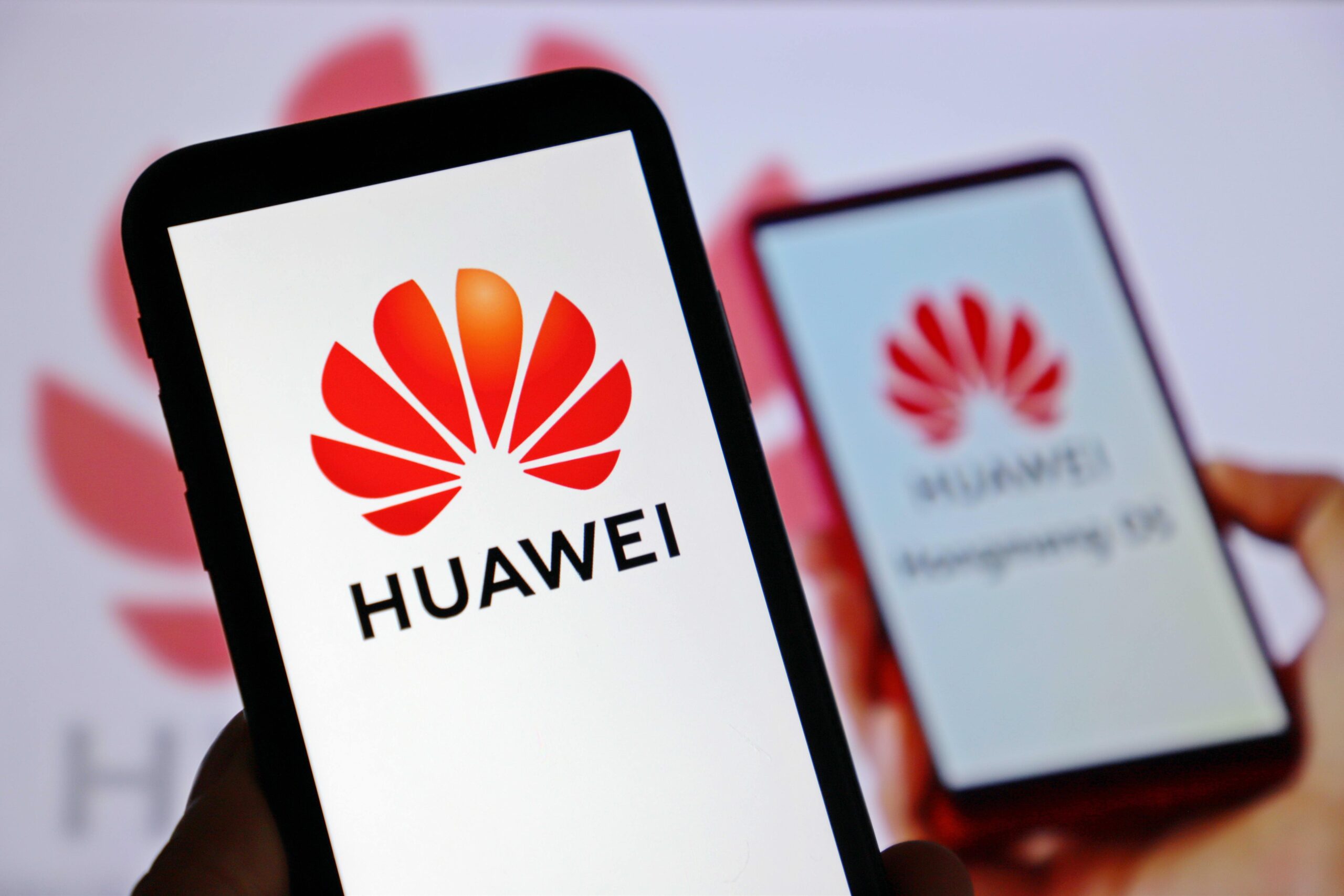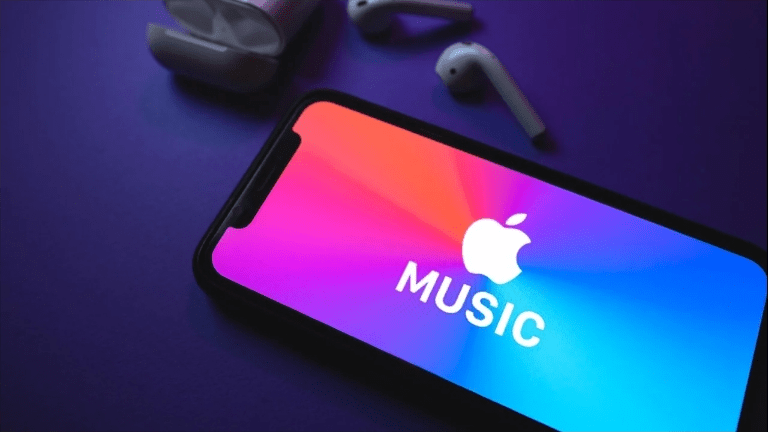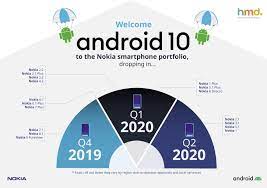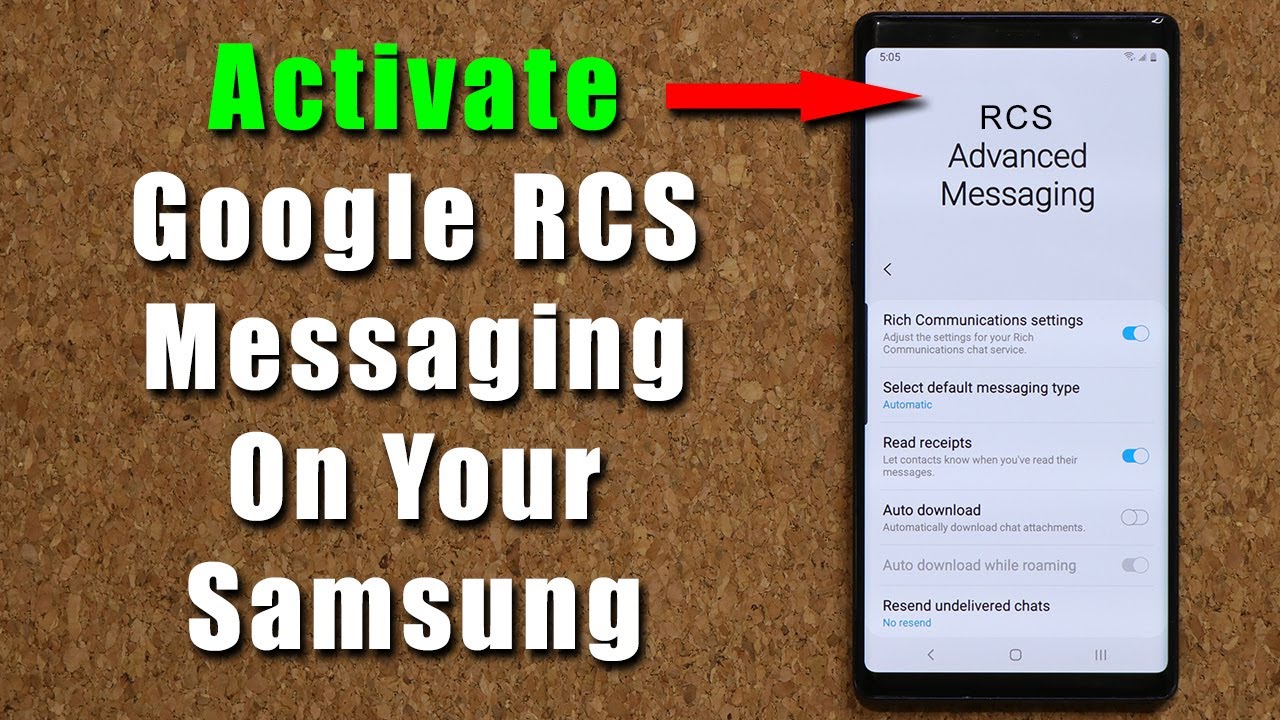A significant milestone has been achieved in the world of smartphones with the release of the first HarmonyOS-based smartphone from a brand other than Huawei. The move marks a shift in the smartphone industry, offering consumers a new choice in operating systems beyond the traditional Android and iOS. Let’s explore the implications of this release and what it means for the future of mobile technology.

Background: HarmonyOS is Huawei’s proprietary operating system, designed to provide a seamless and integrated user experience across a wide range of devices, including smartphones, tablets, smartwatches, and smart TVs. The release of HarmonyOS comes at a time when Huawei is facing challenges due to restrictions imposed by the US government, which have limited its access to Google’s Android operating system.
Implications for the Smartphone Industry: The release of the first HarmonyOS-based smartphone from a brand other than Huawei has the potential to disrupt the smartphone industry. It offers consumers an alternative to the dominant Android and iOS operating systems, which have long been the primary choices for smartphone users. This could lead to increased competition in the market, driving innovation and improving the overall user experience.
Features of HarmonyOS: HarmonyOS is known for its smooth performance, efficient multitasking capabilities, and seamless integration with other devices. It offers a range of features, including a unified app framework, distributed technology for connecting multiple devices, and enhanced security and privacy features. These features make HarmonyOS an attractive option for consumers looking for a modern and versatile operating system.
Availability and Future Prospects: The availability of HarmonyOS on smartphones from brands other than Huawei opens up new possibilities for the operating system. It could lead to increased adoption among consumers and encourage other smartphone manufacturers to consider using HarmonyOS on their devices. This could further expand the ecosystem of HarmonyOS-compatible devices, creating new opportunities for developers and consumers alike.
Conclusion: The release of the first HarmonyOS-based smartphone from a brand other than Huawei is a significant development in the smartphone industry. It offers consumers a new choice in operating systems and has the potential to drive innovation and competition in the market. As HarmonyOS continues to evolve and expand its ecosystem, it will be interesting to see how it shapes the future of mobile technology.








